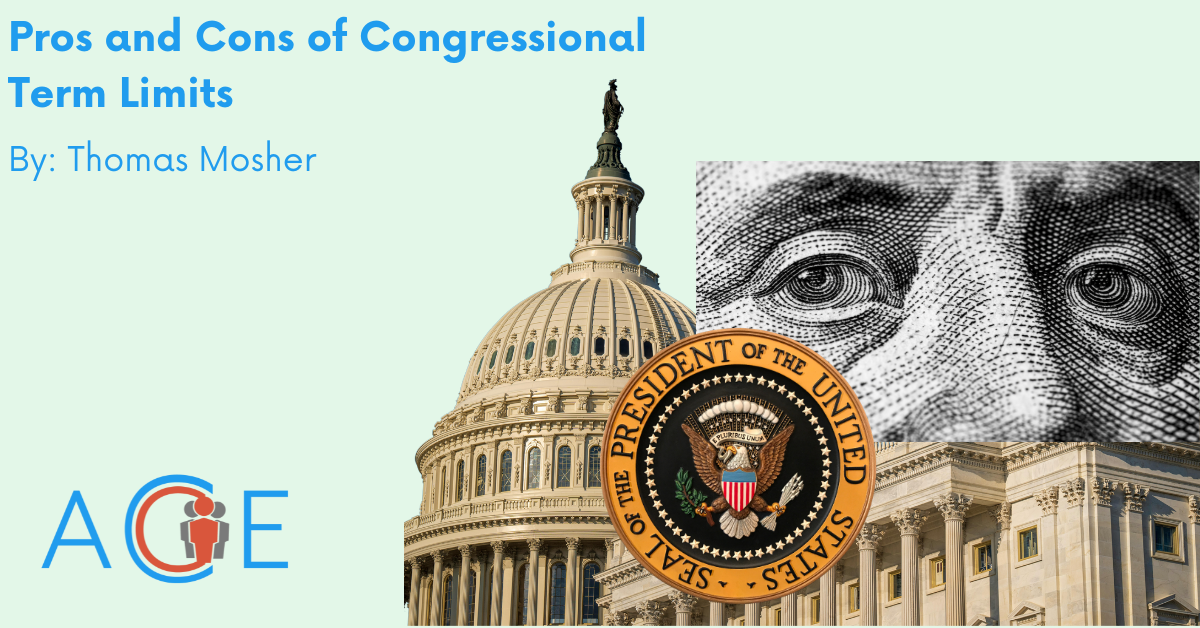Background
In November 2024, Elon Musk posted on social media, “There should be no need for [Freedom of Information Act] requests. All government data should be default public for maximum transparency.” His statement reignited discussions on the Freedom of Information Act, or FOIA, a federal law enacted in 1966 that requires federal executive branch agencies to disclose information in specific ways. Since its original passage in 1966, FOIA has been updated three times to tighten agency compliance, account for digital records, and allow citizens to request records online. Under FOIA, government agencies must disclose information by:
- Publishing procedural rules in the Federal Register
- Electronically disclosing certain frequently requested records
- Disclosing all covered records not already available upon request
FOIA includes nine exemptions to protect against harms that might result from divulging certain records; these exemptions include cases like invasion of personal privacy, information related to national security, and information that would interfere with law enforcement proceedings.
History of FOIA
Concerns over government secrecy grew in the aftermath of the Cold War. In response, Representative John Moss, a Democrat from California, introduced FOIA in 1955 with support from the journalism community. Despite opposition from President Lyndon B. Johnson and every federal agency, the House of Representatives passed the bill with a vote of 307–0. When Johnson signed the legislation in 1966, he included a signing statement emphasizing that the law allowed room for interpretation and exemptions related to national security.
Over the decades, several amendments refined FOIA to make it what it is today. Most notably, the Privacy Act of 1974 was created in response to concerns about individual privacy rights In 1996, President Bill Clinton signed the Electronic Freedom of Information Act Amendments, which required agencies to make documents available electronically. The OPEN Government Act of 2007, signed by President George W. Bush, expanded the definition of “journalist” to include web-based reporters and bloggers. It also established the Office of Government Information Services to oversee FOIA compliance. President Barack Obama further reformed the law with the FOIA Improvement Act of 2016, which required agencies to update their FOIA regulations and create a centralized online portal for requests. The FOIA Improvement Act also introduced the “foreseeable harm” standard, which prohibits agencies from denying FOIA requests unless they can sufficiently prove that disclosure of the requested records would lead to a specific harm.
The FOIA Request Process
FOIA requests are open to anyone, regardless of citizenship status. Requesters must submit their inquiries either electronically or in paper form to the appropriate federal agency. Upon submission, the agency provides a tracking number and begins searching for relevant records. If the requested documents contain sensitive information, agencies redact sections in accordance with the nine exemptions before releasing them to the requester.
The processing time for a FOIA request depends on the complexity of the information sought. Simple requests are generally fulfilled more quickly, while those requiring extensive searches or redactions take longer. In certain circumstances, requests may qualify for expedited processing, particularly if a delay would threaten someone’s safety or if there is an urgent need to inform the public about government activities. While there is no initial fee to file a request, agencies may charge for search time beyond two hours or for duplicating more than 100 pages, depending on the requesting party. If a request is denied, the requester has the right to file an appeal at no cost.
FOIA in the 21st Century
As digital technology has advanced, FOIA has become a tool for journalists and advocacy organizations to uncover government behaviors and potential wrongdoings. Some FOIA requests eventually turn into lawsuits. For example, in 2008, the American Civil Liberties Union filed a lawsuit for the Department of Justice to turn over records on the government’s use of individual cell phones as tracking devices. In 2016, Color of Change and the Center for Constitutional Rights sued the Federal Bureau of Investigation for not responding to their FOIA requests, which they had submitted that same year for records about federal surveillance of Black Lives Matter protests.
During the Trump administration, FOIA requests were frequently used to fact-check government statements, investigate the COVID-19 response, and examine financial conflicts of interest. In 2017, federal agencies redacted or withheld 78 percent of requested records, the highest rate in a decade. That same year, FOIA lawsuits rose by 26 percent, marking a 70 percent increase from 2012.
Under the Biden administration, FOIA request processing remained similarly restrictive. In fiscal year 2023, over two-thirds of requests were either redacted, withheld, or denied on the basis that no relevant records were found. Agencies received nearly 1.2 million FOIA requests that year, setting a new record. Approximately 40 percent of requests were only partially fulfilled, a rate comparable to the final year of the Trump administration. Meanwhile, the number of requests fully granted dropped from 21 percent in 2020 to 16 percent in 2023.
Arguments in Favor of FOIA
Supporters of FOIA argue that the law promotes public transparency and holds government officials accountable for fraud, waste, and abuse. In a democratic society, access to government information is essential for maintaining trust between the public and its government. Proponents argue that government transparency is especially important in the post-9/11 era, as government agencies have expanded their data collection efforts while often keeping these activities secret.
In addition to promoting the democratic ideal of an informed citizenry, supporters argue that FOIA is especially useful to potential voters. FOIA gives Americans access to in-depth knowledge about their political representatives, allowing them to make more informed choices at the polls.
Finally, supporters argue that FOIA allows advocacy organizations to amplify and seek justice for government wrongdoing that would otherwise remain secret. They point to instances where FOIA requests have led to the discovery of misinformation campaigns, coordinated use of excessive force against protesters, and surveillance. In some cases, such as the aforementioned 2008 and 2016 lawsuits, FOIA requests can provide a foundation for victims of injustice to seek accountability.
Although FOIA initially faced challenges such as bureaucratic delays and inconsistent enforcement, proponents contend that amendments over the years have made the process more accessible. The rise of digital technology has also made it easier for agencies to share information with the public.
Criticisms of FOIA
Opponents argue that FOIA places an excessive burden on federal agencies by requiring them to respond to requests within a short time frame despite limited resources and funding. They also argue that FOIA contributes to an overburdened judicial system, as courts must handle cases involving delayed or incomplete responses to FOIA requests. Another concern is that FOIA allows too many requests driven by personal curiosity rather than legitimate public interest, further straining agency resources.
On the other hand, some criticize FOIA’s broad exemptions, arguing that agencies frequently overuse them to withhold information. Exemption 5, which protects privileged communications between agencies, is particularly controversial. In 2013 alone, it was cited more than 81,000 times to deny FOIA requests.
Another longstanding issue is the excessive delay in releasing certain records. The FBI, for example, took nearly 25 years to release files on musician John Lennon following an ACLU request. The agency withheld the final 10 documents until 2006, citing concerns about “foreign diplomatic, economic, and military retaliation” against the United States. However, when the documents were finally disclosed, they contained only well-known information about Lennon’s connections to antiwar groups. ACLU legal director Mark Rosenbaum described the prolonged secrecy as “government paranoia at a pathological level.”
Proposed Reforms
To address some of these concerns, several reforms have been proposed to improve FOIA while balancing the government’s need for confidentiality. One suggestion is to limit the duration that records can be withheld under Exemption 5. Proponents of this reform suggest that setting a maximum withholding period of 12 years—the same limit applied to presidential records involving deliberative processes—could help prevent excessive secrecy while still protecting sensitive government deliberations. Another proposed reform is to implement a “balancing test” that requires agencies to weigh the government’s interest in confidentiality against the public’s right to access records.
Conclusion
FOIA is a landmark law that changed the landscape of government transparency. While it has undergone reforms to improve public access to records, challenges such as delayed processing times and resource constraints hinder its effectiveness. Ongoing debates about FOIA reflect broader tensions regarding national security, government efficiency, and the public’s right to information.

